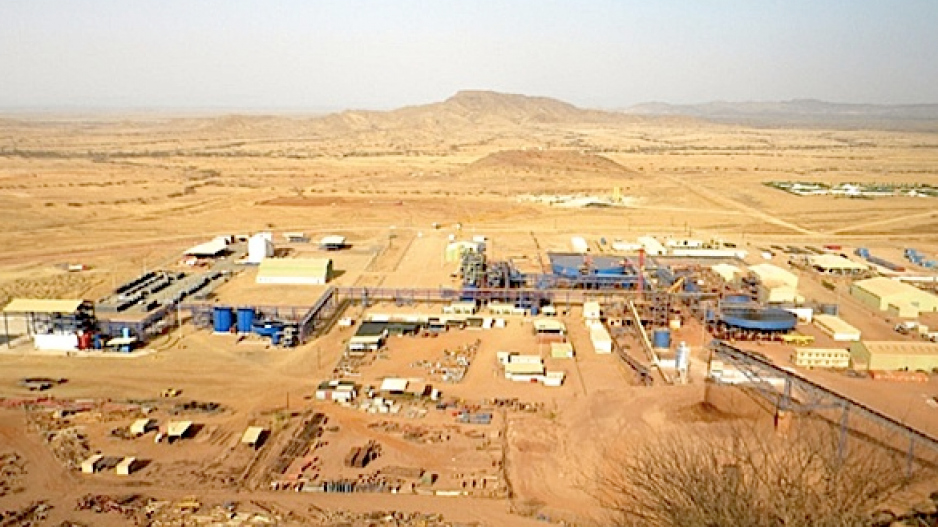In a decision that is likely to have every Canadian mining and oil and gas company that operates in a developing country sitting up and taking notes, the BC Supreme Court today ruled that a civil action brought by three Eritrean workers against Vancouver’s Nevsun Resources Ltd. (TSX:NSU) can be heard in a Canadian court.
The case involves three Eritrean workers who allege Nevsun was complicit in the Eritrean government’s use of slave labour. They say they were forced to work at Nevsun’s Bisha copper mine in Eritrea, where they claim they were subjected to harsh treatment.
On October 6, Justice Patrice Abrioux rejected Nevsun’s move to dismiss the case.
The ruling may set an important precedent for Canadian companies operating outside of Canada. More than three-quarters of the world’s mining and exploration companies are based in Canada and operate in 100 countries, according to a McCarthy Tétrault report on mining and the courts.
“It is a very important precedent,” said Penelope Simons, an associate professor of law at the University of Ottawa.
“The Nevsun case is the first case of this kind against an extractive company that had been operating overseas, in this context, to go forward.”
Canadian courts have jurisdiction to try Canadian companies for alleged criminal acts that occurred in other countries, but have been reluctant to do so.
In cases where the country in which the alleged crimes occurred has a functioning court system, Canadian courts have deferred to those courts.
But Eritrea has been widely condemned by international organizations as a rogue state that has no real functioning civil government, constitution or reliable court system.
The United Nations says Eritrea is plagued with “widespread and gross” human rights violations, including forced labour and a “total lack of rule of law.”
In rejecting Nevsun’s motion to have the action against it dismissed, Abrioux said there was some doubt that the three Eritreans would get a fair trial in Eritrea, where soldiers conscripted into the army are alleged to be forced to work for mining companies and other non-military projects.
“There is sufficient cogent evidence from which I can conclude that there is a real risk that the plaintiffs could not be provided with justice in Eritrea,” said Abrioux, according to a press release issued by the Canadian Centre for International Justice (CCIJ).
“Today’s historic judgment allows the case to move forward to a trial on the merits,” said Joe Fiorante of Camp Fiorante Matthews Mogerman, who is representing the Eritreans.
“We now intend to use the court’s discovery processes to conduct an exhaustive investigation into the truth of what Nevsun really knew about the human rights situation at the mine.”
As detailed in a special Business in Vancouver feature in April, Nevsun is one of three Canadian mining companies that have had civil actions brought against them in Canadian courts over incidents that occurred in other countries.
Toronto’s HudBay Minerals Inc. (TSX:HBM) faces three separate claims, which include allegations of rape and murder committed by security forces acting on behalf of HudBay at Guatemala’s Fenix mine, which it acquired through a merger in 2008 and sold in 2011.
Tahoe Resources Inc. (TSX:THO) also faced allegations by seven Guatemalans who say a private security force employed by Tahoe at its Escobal silver mine used excessive force in breaking up a violent protest.
In the Tahoe case, the BC Supreme Court dismissed the case, saying the case should be heard in Guatemala, not Canada. The CCIJ has appealed that decision on the Guatemalan protestors’ behalf.
In a written statement, Nevsun said it is confident that the court case will confirm that the company’s subsidiary, Bisha Mining Share Company, operates “according to international standards of governance, workplace conditions, health, safety and human rights.
“There are contractual commitments in place that strictly prohibit the use of national service employees by BMSC’s contractors and subcontractors.”
Nevsun said it is studying the court’s decision and considering appealing it.




